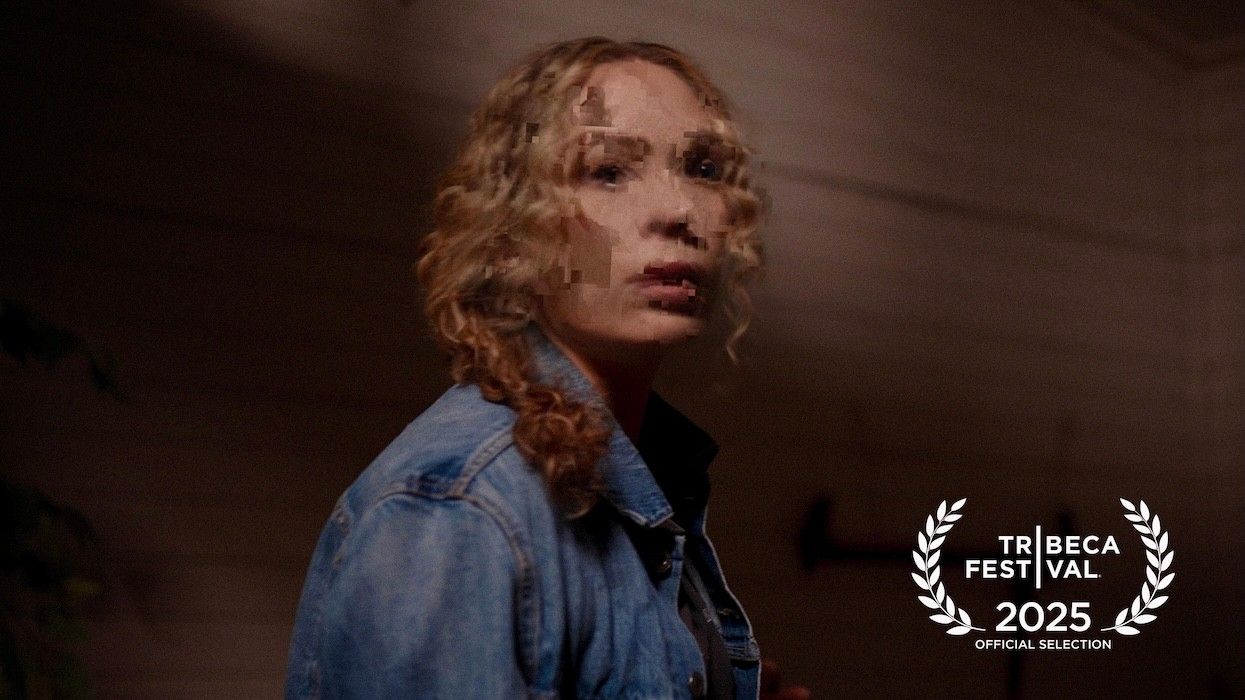Generative AI is Making Its Mark on Hollywood
Is it too late to put Pandora back into the box?

A few years ago, AI companies came to Hollywood to showcase their wares, and everyone was hopeful this was going to get us more jobs. But it turns out generative AI was basically just a way to aggregate everyone else's hard work and spit it out.
And now, it's something we're seeing take jobs and creativity away.
But is it too late to pull Hollywood back from it?
It's hard to tell. Some studios are now actively integrating AI into various stages of production, driven by a combination of technological advancements, economic pressures, and a growing, albeit still wary, acceptance of its potential.
It's a very messy time. Let's dive in.
- YouTubewww.youtube.com
The Pivot to AI
This "great pivot," as described in a recent report by The Wrap, signals a move to studios leveraging AI on a daily basis. They're claiming it will be a tool for humans and not one to replace us.
We just went through multiple strikes that had AI at their center, and those contracts actually expire soon. And I think both sides are gearing up to figure out how AI is going to be used and to add to those protections.
Fundamental anxieties surrounding job displacement and creative control are key to these arguments.
We've seen AI scrape the internet of all our ideas and art and then begin to regurgitate things without citations.
And it's not just creatives worried. Studios really value IP. And seeing AI rip off their franchises or proprietary animation styles has been frustrating.
Studios can and should continue to pursue lawsuits over stolen ideas or scanned work that was not paid for or taken without consent. They really are the last legal line of defence against these programs.
But many proponents of AI want to get away from noisy headlines and highlight how the program can be used to actually help workers, streamline workflows, and augment the creative process.
They push "clean" AI models.
What is Clean AI?
Clean AI is a system trained on licensed and legally vetted data, alleviating the concerns about copyright infringement that previously freaked out studios.
The idea is that you could have AI personalized for you, so you can use it without others stealing from you.
But it's still generative AI, because it's compiling everything you give it into one box and then creating based on that. The key word here is consent.
This has paved the way for more confident and open experimentation.
You even have studios like Lionsgate experimenting with AI.
The primary areas seeing this integration are pre-production and visual effects.
But AI is also branching out. It's being used for tasks such as script analysis, storyboarding, creating pre-visualization sequences, and more.
AI proponents say this should give filmmakers more time and freedom to focus on complex shots or rework ideas on the page, but that's all conjecture.
What's Next?
AI is shaping Hollywood, like it is many other industries right now. I still think AI needs to take another massive leap before it gets a better hold on the town, mostly because it still takes a lot of work to use any of the generative visual tools.
And we still have the guilds that all need to negotiate with studios as to how this will take effect.
The WGA and SAG-AFTRA remain vigilant in these areas, and I have to believe the DGA will also keep an eye on how AI is being used on completed films.
The key here is hoping it is implemented responsibly, and making sure your unions and your advocates speak up if they see it not being executed that way.
The industry is navigating a delicate balance.
Let us know what you think in the comments.











